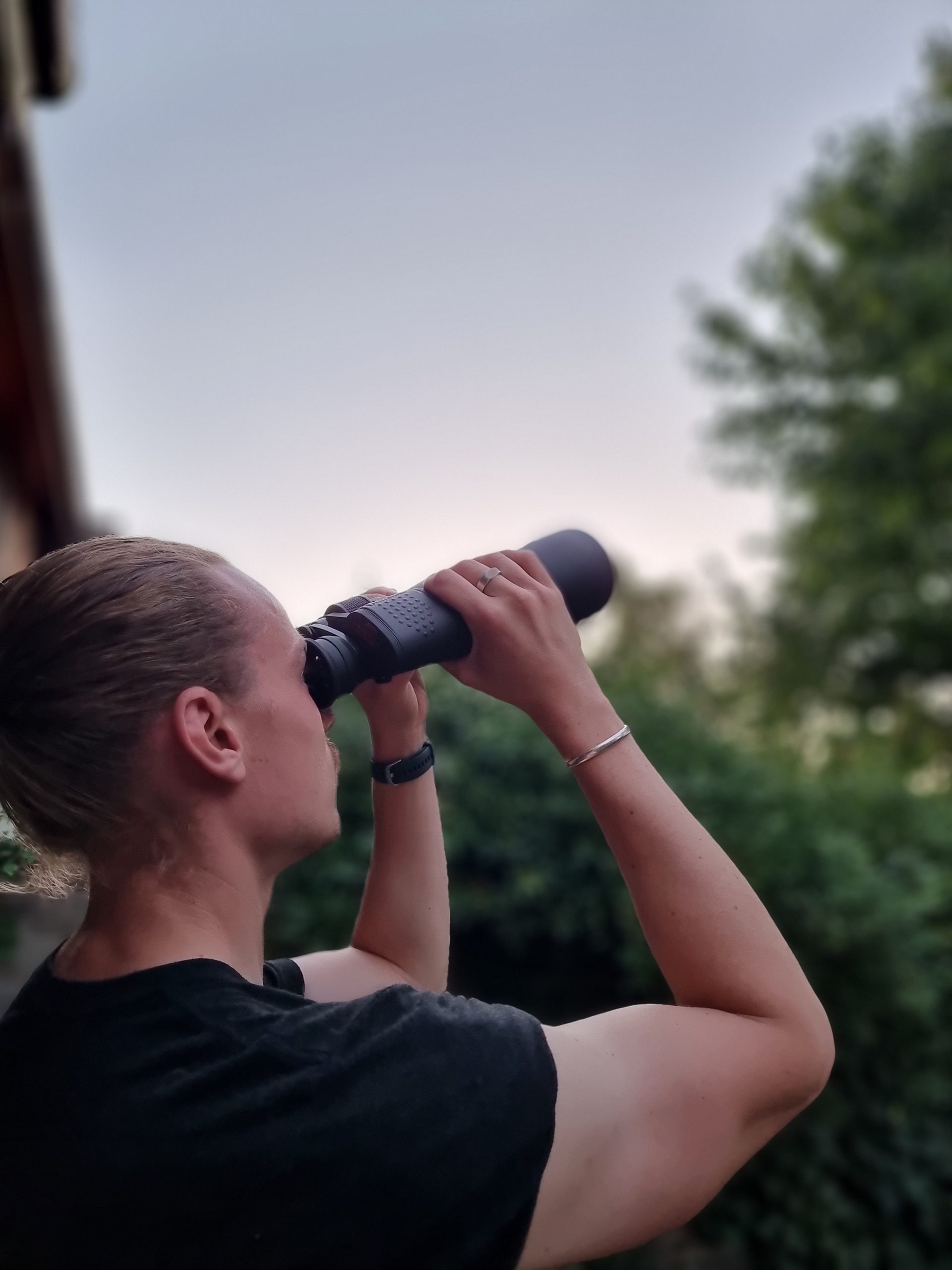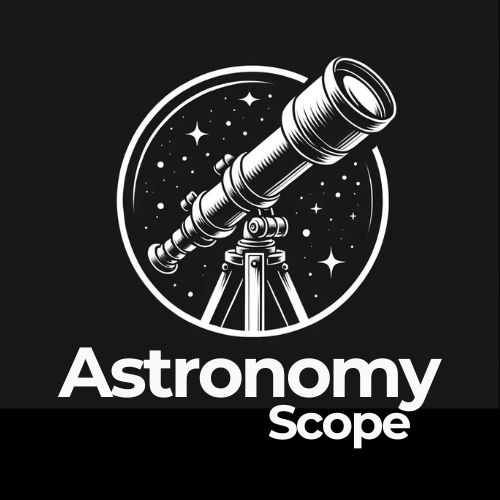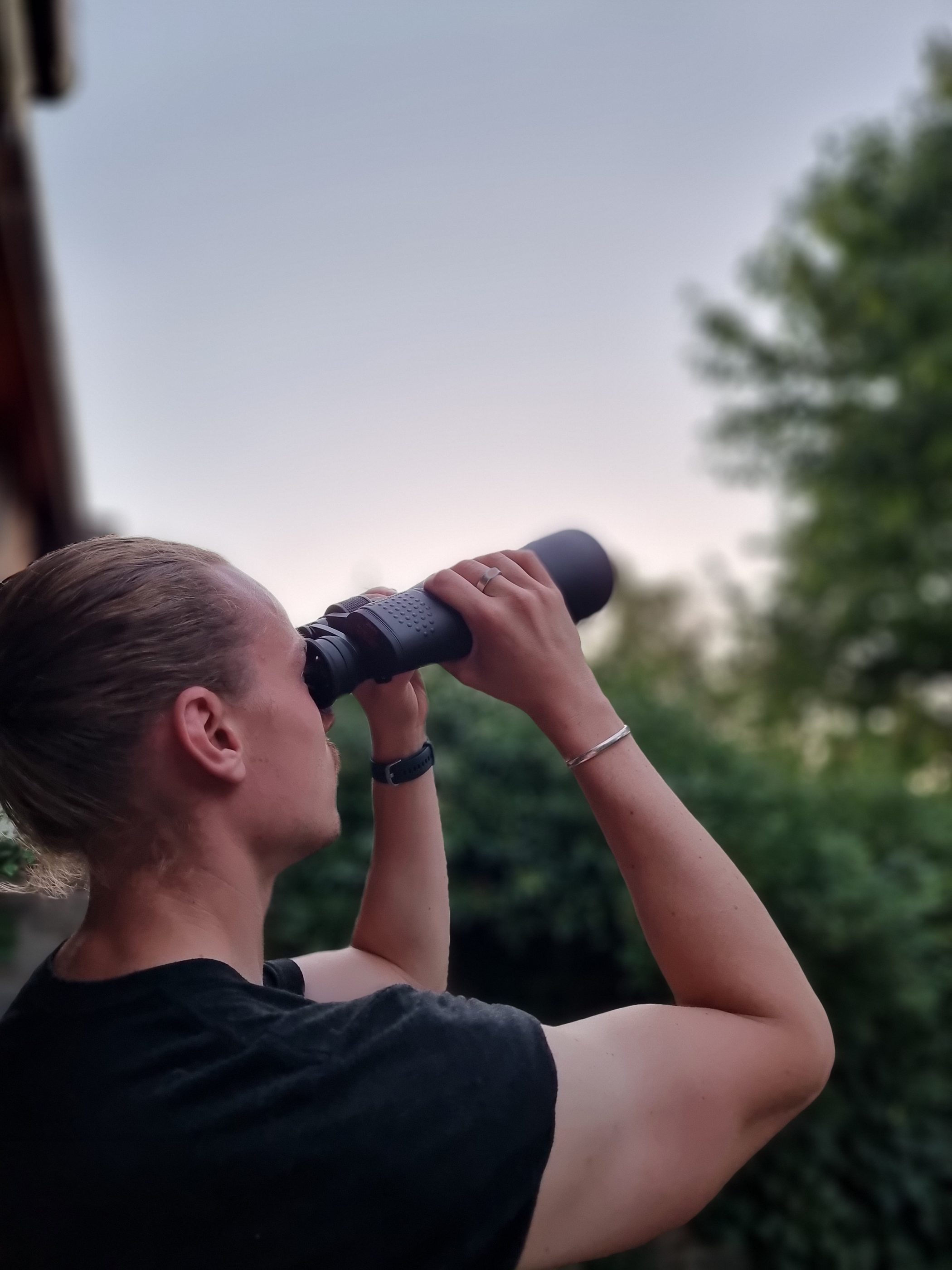Have you heard of the terms cosmonauts and astronauts and are not sure how they differ? I don’t blame you. I thought the same thing. So, I decided to do some research to find out what these words mean, why, and when they are used.
So, what is the difference between a cosmonaut vs. an astronaut? The difference between cosmonauts and astronauts is a matter of definition and symbolism. Cosmonauts are people who have been trained by the Russian space agency, whereas astronauts are people who have been trained by American space agencies (e.g., NASA, JAXA, etc.)
So from a purely astronomy perspective, there is very little between them.
Both cosmonauts and astronauts venture into and explore space.
But there is a reason why these two different terms developed.
Let us now explore why!
Are Cosmonauts And Astronauts The Same Thing?
Cosmonauts and astronauts are not the same thing. While they may both explore space, their training, spacesuit, and equipment used on missions are very different.
Besides, they are selected and educated from two very different space agencies:
- Cosmonauts – Russian Space Agency (Roscosmos).
- Astronauts – United States Spaces Agencies (including NASA, ESA, CSA, or JAXA).
And if you are into your history or wondering why this differentiation even arose, to begin with, well, we need to look back a few decades.
This separation and distinction were born in the Space Race of the 1980s.
And it was during this time that both the American and Russian governments were pouring significant resources into getting to the Moon first.
It was a means of political warfare.
Who was superior, who had the technological advancement to pull it off?
As such, the space agencies of such nations operated on entirely different philosophies.
They developed their own skill sets, technologies, competencies, and knowledge.
And the terms developed in reference to these.
America and Russia both wanted to differentiate their ‘space people.’
They want to assign these honorary names to their space explorers.
Fair enough!
And they needed to be able to do so, just in case they managed to get to the Moon first.
And the media were keen to contribute to this too.
That’s why if you look at old newspaper cuttings, you will see cosmonauts whenever the soviet space program or space explorers were referenced.
And it has not ever gone away.
A Closer Look At The Terms
So now we know the main differences, what do the terms actually mean? Where do they even come from?
Well, both terms come from ancient Greek; and they both have a lot to do with astronomy.
As you can see, they are both succeeded by the term “naut”. This simply means “sailor.”
- Cosmonaut – “Cosmo”, which is short for the Cosmos or in other words, the Universe. So you have a universe sailor or sailor of the Universe.
- Astronaut – “Astro,” which means “stars.” Again, you have a star sailor or sailor of the stars.
So, looking at the terms and what the terms specifically reference, there is not much of a difference here. At least semantically.
Selection Requirements
Emanating from different space agencies, it’s only logical that they have their own selection criteria/requirements.
Either way, becoming a space explorer requires a lot of challenging training and dedication. Both cosmonauts and astronauts dedicate not only their entire careers but their entire lives to the cause.
There is a lot of risks involved, and it’s a relatively lonely, perilous adventure too.
The requirements that follow are, therefore, in many ways, in reflection of this.
Requirements To Become A Cosmonaut
- Must be a Russian citizen,
- Must speak Russian and English fluently,
- Cannot be any older than 35 years of age,
- Height must be between 1,50m to 1,90m and 0,80m to 0,99m when seated
- Weight has to be between 50 kg to 95 kg,
- Good health is required – no serious chronic health conditions,
- Must have at least 5 years of work experience in the relevant field of study (such as engineering, scientific or flight specialties)
Roscosmos Favors Candidates Who:
- Have experience in the space rocket or aircraft-building industry,
- With psychological strengths (stable temperament, intellectually-creative, sound memory, ability to self-study, social and can inter-personally cooperate and connect.
Both men and women are eligible to become cosmonauts.
Requirements To Become An Astronaut
- Be a U.S. citizen
- Possess a master’s degree* in a STEM field, including engineering, biological science, physical science, computer science, or mathematics, from an accredited institution.
- Have at least two years of related professional experience obtained after degree completion or at least 1,000 hours pilot-in-command time on jet aircraft.
- Be able to pass the NASA long-duration flight astronaut physical.
*The master’s degree requirement can also be met by:
- Two years (36 semester hours or 54 quarter hours) of work toward a doctoral program in a related science, technology, engineering, or math field.
- A completed Doctor of Medicine or Doctor of Osteopathic Medicine degree.
- Completion (or current enrollment that will result in completion by June 2021) of a nationally recognized test pilot school program.
Astronaut candidates must also have skills in leadership, teamwork, and communications.
Note: above Astronaut requirements taken directly from NASA.
Cosmonauts And Astronauts Today
Despite being established in the Cold War era, and of Space War competition, the terms Cosmonauts and Astronauts are still widely used today.
They are primarily used out of respect.
While on a basic level, a cosmonaut is somebody who pilots a Russian spacecraft, and an astronaut an American spacecraft, this is not always the case.
In more recent years, both cosmonauts and astronauts have been deployed on the spacecraft of their former rivalries space agencies.
And when they have done so, they have still taken their nationalistic term.
It all comes back to the basic training.
Those selected and trained by the Russian space agency are typically perceived as cosmonauts, and those selected and trained by the American space agencies are typically perceived as astronauts.
The distinction firmly still exists.
And it all ties back the prestige of the respective space agencies.
For those who decide not to continue with these terms, well, this is a matter of political distancing.
Finally
Cosmonauts and astronauts are very different while being all but the same.
These are terms fueled by history, political rivalry, and competition.
But they are also terms that symbolize a set of processes and practices for space exploration.
Just remember.
Cosmonaut – Russian,
Astronaut – American.
You can’t really go wrong from there.

Hey, my name is Jeremy. I’m a passionate and seasoned astronomer who loves nothing more than observing the night sky. I also love researching, learning, and writing all things Space and the Universe. I created Astronomy Scope to share my knowledge, experience, suggestions, and recommendations of what I have learned along the way while helping anyone to get into and maximize their enjoyment of the hobby.

